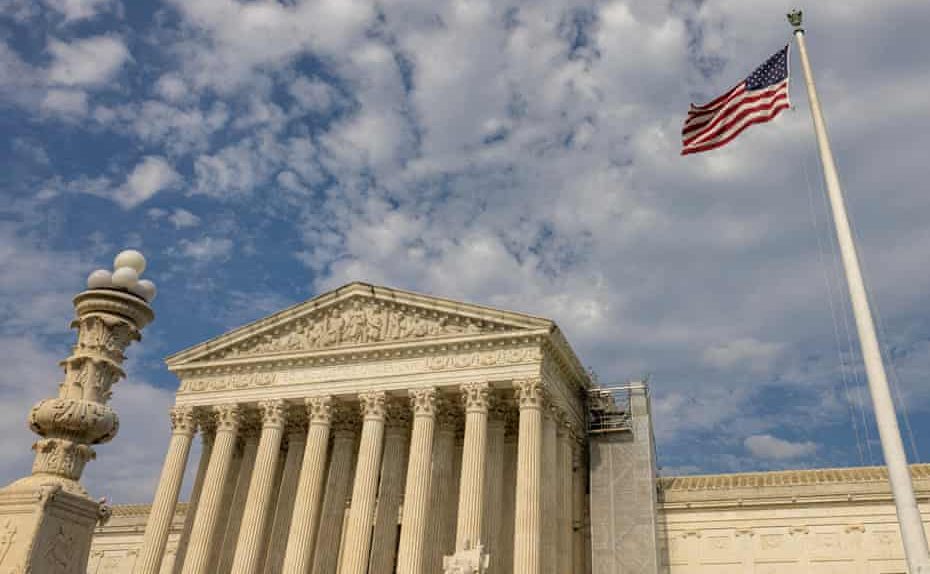The U.S. Supreme Court has cleared the way for the Trump administration to deport eight men, most of whom have no connection to South Sudan, to the war-ravaged African nation, despite warnings they may face torture, persecution, or death upon arrival.
The court’s decision, handed down Thursday, follows a contentious legal battle over whether immigrants can be deported to third countries with which they have no ties. The conservative majority ruled in favour of the administration, reversing a lower court’s order that required the government to give deportees a chance to express “reasonable fear” of danger before being removed.
Only one of the eight men is from South Sudan. The rest hail from countries including Vietnam, South Korea, Mexico, Laos, Cuba, and Myanmar. All eight have been convicted of serious crimes and had completed or were nearing the end of their prison sentences in the U.S.
According to Trina Realmuto, executive director of the National Immigration Litigation Alliance and attorney for the men, they were transported without proper notice and detained for weeks at Camp Lemonnier, a U.S. military base in Djibouti. “They could face perilous conditions, and potentially immediate detention, upon arrival,” she warned.
The dissenting justices, Sonia Sotomayor and Ketanji Brown Jackson criticised the ruling as a troubling example of executive privilege overriding due process. “What the government wants to do… is send the eight noncitizens it illegally removed… to South Sudan, where they will be turned over to the local authorities without regard for the likelihood that they will face torture or death,” Sotomayor wrote.
She added pointedly: “Other litigants must follow the rules, but the administration has the Supreme Court on speed dial.”
Originally, the men were told they would be sent to South Africa and were asked to sign deportation documents, which they refused. The case was brought before Judge Brian E. Murphy of the District of Massachusetts, who ruled that immigrants being deported to a third country must be given proper written notice and a chance to raise fears of mistreatment.
Instead, the men were abruptly informed they were being deported to South Sudan and secretly flown to Djibouti. ICE agents guarded them in gruelling 12-hour shifts amid reports of illness, poor medical care, malaria risks, and security concerns linked to nearby militant activity in Yemen.
U.S. faces deportation challenges
The Trump administration, facing challenges returning deportees to their home countries, has been seeking bilateral agreements to send them elsewhere. Officials have not publicly explained why South Sudan was chosen as a destination.
Neither the White House nor the Department of Homeland Security responded to requests for comment.



